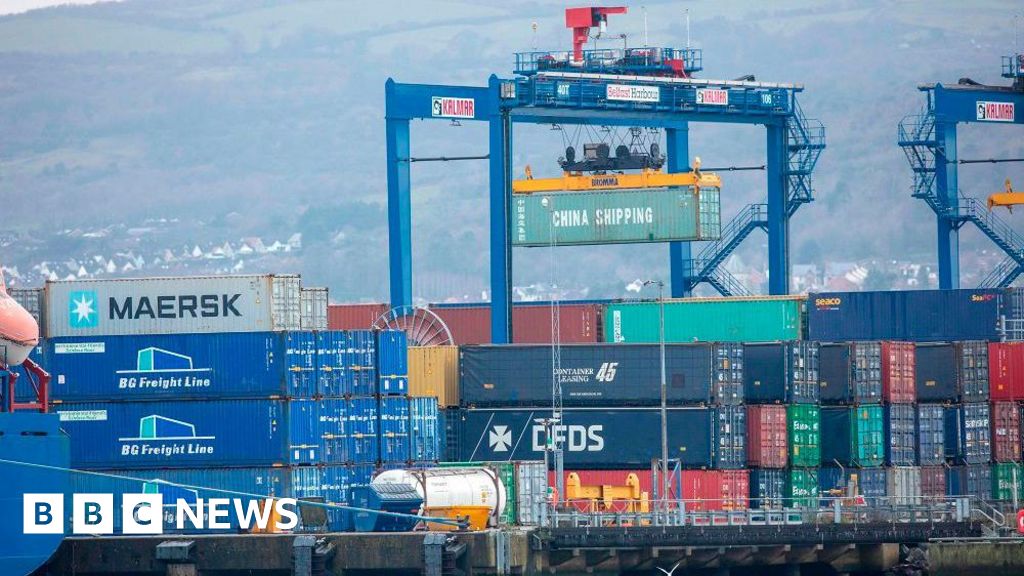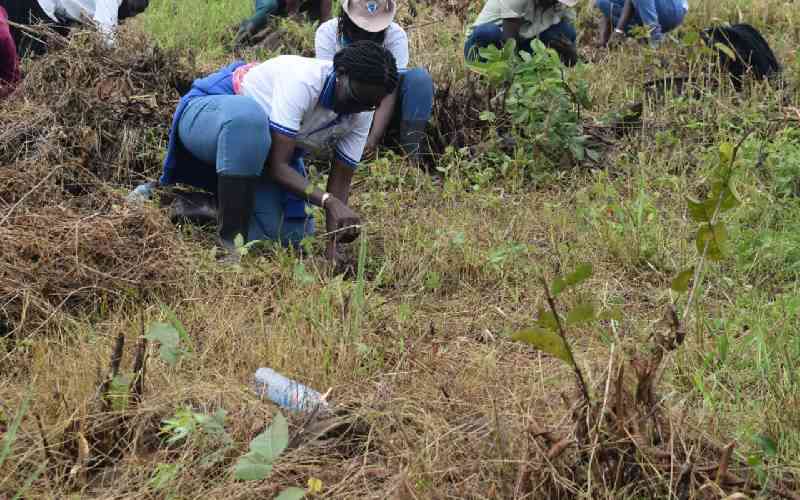Analysis: Environmental impact of oil tanker collision depends on at least three things
By Victoria Seabrook, climate reporter
The crash involving a cargo ship and oil tanker off the East Yorkshire coast is bad news for the sea, fish and air in the area. What we don't know yet is quite how bad it will be.
That depends on a few things - but the speed of the collision, clouds of filthy black smoke from the fires and the leaked fuel are certainly worrying.
Firstly, it matters what was on board those two massive vessels.
Analytics firm Vortexa estimates the 183m-long tanker was carrying about 130,000 barrels of jet fuel (kerosene), which is now leaking into the sea.
Jet fuel is not as sticky or viscous as heavier types of oil, thankfully, so it's less likely to clog the feathers and fur of birds and seals. It can also be broken down by natural bacteria.
But it can still poison fish and kill animals and plants on the shoreline if it makes its way into the soil there.
The Marine Conservation Society has pointed out the site in the Humber estuary is close to some protected areas and is important for seabirds and harbour porpoises.
And both ships will have been powered by a dirtier, heavier kind of oil - likely marine gas oil or heavy fuel oil, though we don't know the details yet.
Heavy fuel oil is nasty stuff.
Cheap, thick and tar-like, it can smother animals and is very dangerous if they consume it, and is extremely difficult to clean up. Let's hope this isn't creeping around the North Sea already.
We don't know how much of either the jet fuel or the oil powering the ships has leaked, or how much will be burned off in the violent fires - which themselves are ploughing black smoke and filthy air pollution into the surrounding atmosphere.
And we don't know for sure what was on the Solong cargo ship and if, or what, will go into the sea.
Cargo ship 'had sodium cyanide containers'
According to a report from maritime data provider Lloyd's List Intelligence, the ship was carrying 15 containers of sodium cyanide among other cargo.
The container vessel was also transporting an unknown quantity of alcohol, said the casualty report - an assessment of incidents at sea - citing a message from the local coastguard.
Plastic takes hundreds of years to break down, and potentially can choke or trap animals.
Many of us have seen that uncomfortable viral video of a turtle having a straw yanked out of its nose. Previous accidents on cargo ships have seen plastic Lego pieces wash up in Cornwall 25 years later.
Secondly, the impact depends on the sea and weather conditions around it.
Things like the wind and currents affect how an oil spill spreads in the sea. Scientists can draw up computer models to simulate how the oil could behave.
Thirdly, it matters how quickly this is all tackled and then cleaned up, if necessary, and if it can be.
Usually, the slower the response, the worse the impact.
The coastguard has said the incident "remains ongoing" and it has started assessing the "likely counter pollution response" that will be required.
Such a response might need the help of numerous public bodies: the government environment department, the transport department, the Environment Agency and the Maritime and Coastguard Agency.
So for now the best we can hope for - aside from the welfare of the people involved - is that not all the oil is spilled or burnt, that conditions are calm and that rescuers and those cleaning up can work swiftly.












